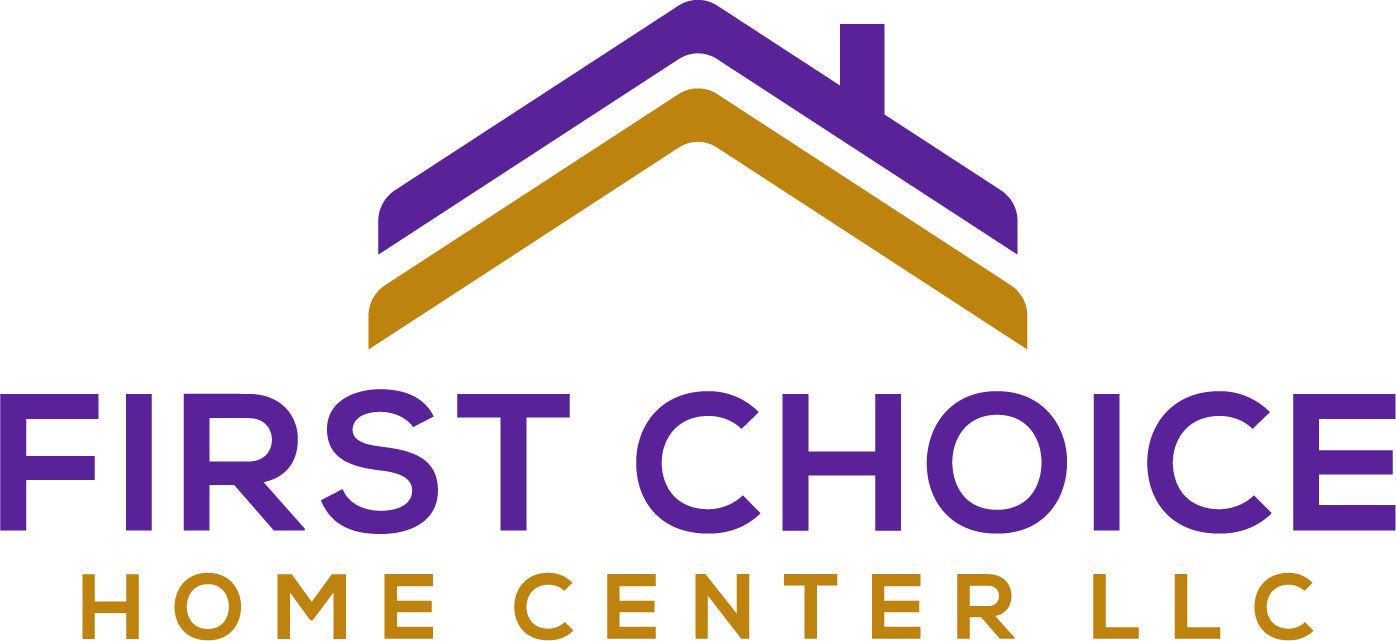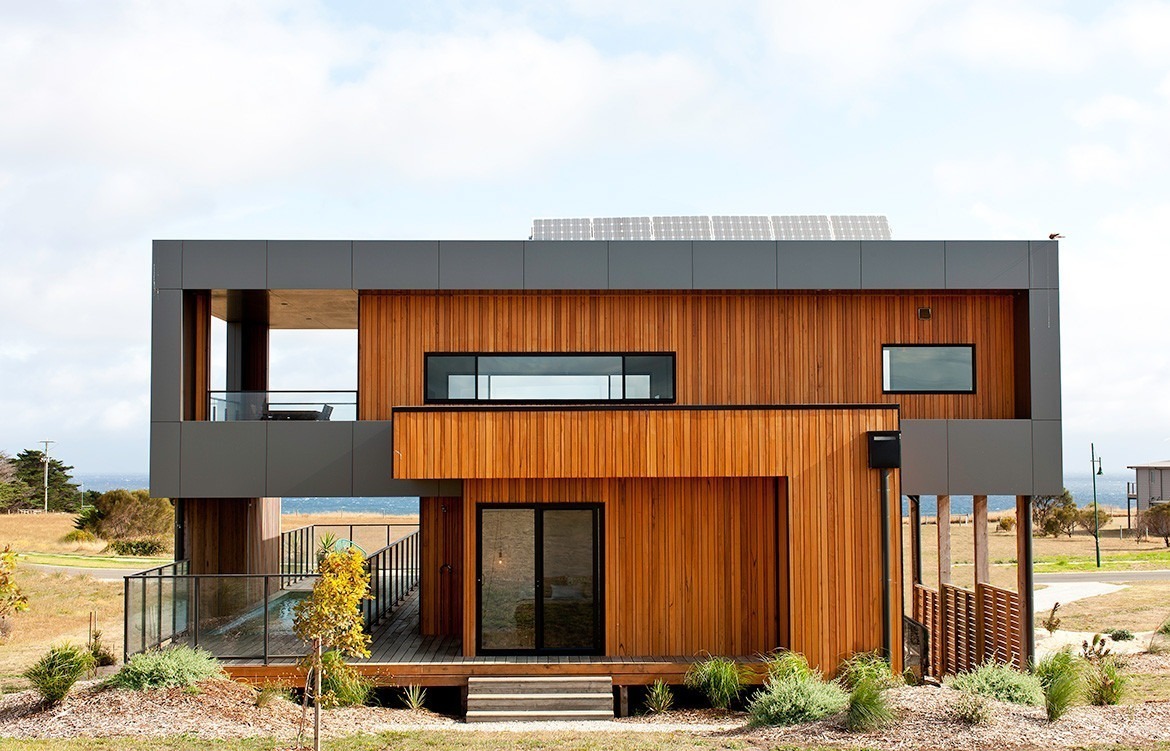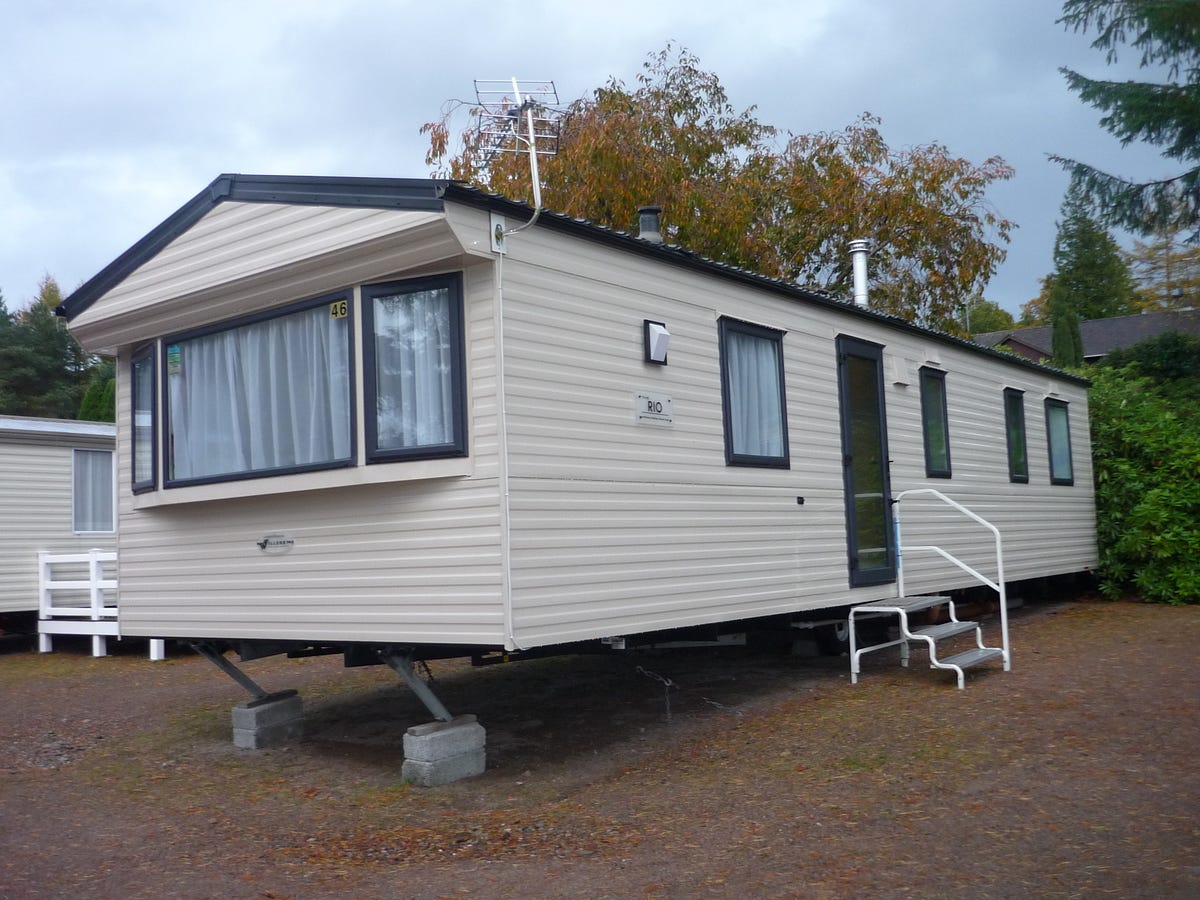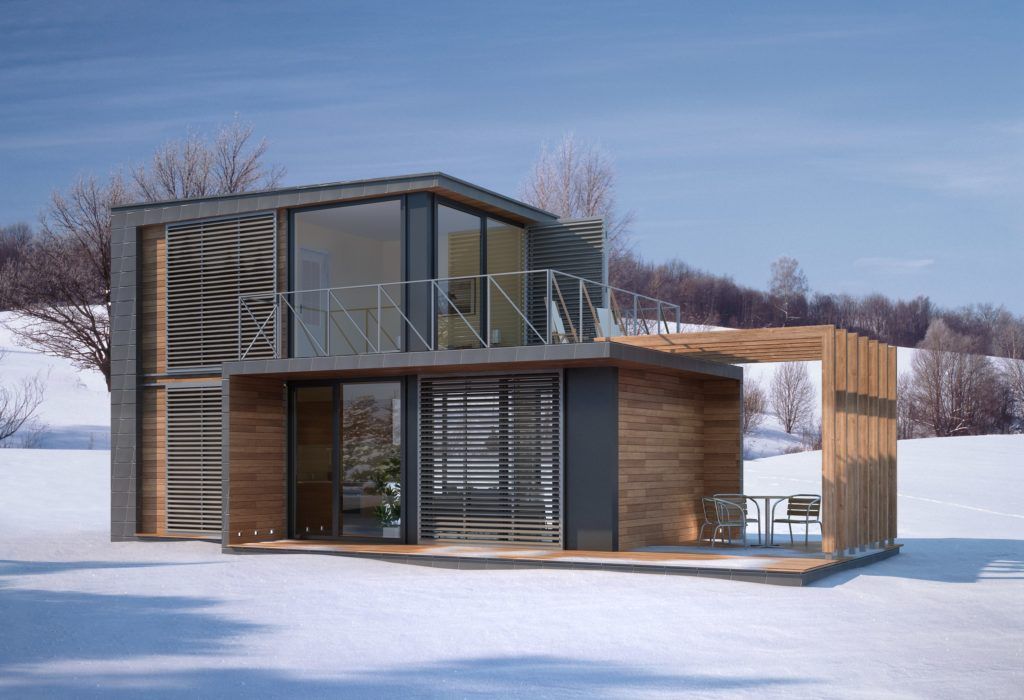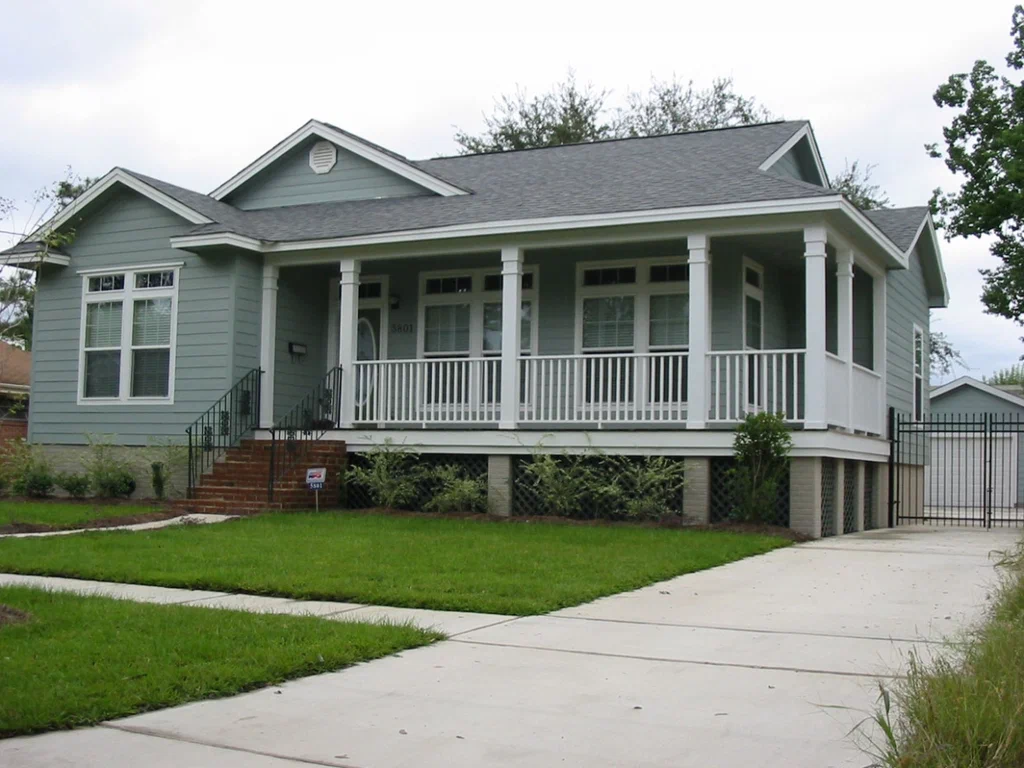Modular homes are prefabricated structures built in a factory in separate modules, which are then transported to a residential site for permanent assembly. Unlike manufactured homes, which must adhere to federal HUD regulations and are built on a permanent chassis, modern modular homes follow local building codes just like traditional site-built houses.
If you’re considering purchasing a modern modular home, it’s important to understand the insurance implications. Several factors can influence whether modular home prices include higher or lower insurance costs.
Benefits of Modular Homes That Impact Insurance Rates
When evaluating whether to purchase a 2 story modular home or a single-story model, keep in mind the advantages these homes offer:
- Faster Assembly with Factory Production: Modular homes are built with precision, reducing construction errors and delays.
- Energy Efficiency: Many modern modular homes incorporate eco-friendly features, which can help lower insurance costs.
- Customizable Designs: You can tailor a modular home to your preferences while maintaining structural integrity.
Understanding these features helps insurers determine the modular home cost for coverage.
How Do Insurers Determine Premiums for Modular Homes?
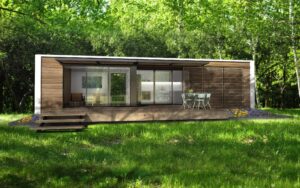
Insurance companies consider several factors when calculating the cost of insuring modern modular homes:
1. Location of the Home
- Homes in areas prone to hurricanes, floods, or wildfires generally have higher premiums.
- Modular home prices can be lower in regions with fewer natural disasters, resulting in more affordable insurance.
2. Construction Materials and Quality
- Precision-built factory components reduce construction defects.
- Energy-efficient materials lower risks like electrical fires, which can influence rates.
3. Residential Value and Replacement Costs
- High-end 2 story modular homes with premium finishes may have higher insurance rates due to replacement costs.
- Standard modular home prices align closely with traditional home insurance rates.
4. Safety and Security Features
- Installing security systems, smoke detectors, and storm-resistant windows can lower premiums.
- Insurers often offer discounts for homes with disaster-resistant modifications.
5. Home Warranty Coverage
- A modular home warranty can help cover repairs, reducing potential claims and keeping insurance costs manageable.
Comparing Insurance for Modular and Traditional Homes
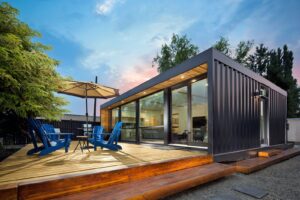
Both modular and traditional homes are typically covered under standard homeowner’s insurance policies, which include:
- Dwelling Coverage: Protects the physical structure of the home.
- Personal Property Coverage: Covers belongings inside the house.
- Liability Coverage: Offers protection against legal claims from injuries occurring on your property.
While modular homes generally receive similar treatment to traditional homes, some unique aspects may affect premiums:
- The factory-controlled construction process minimizes structural issues and weather-related damages.
- Modular homes allow for section-specific repairs, which may lower claim costs.
- Insurers’ familiarity with modern modular homes varies, which can impact pricing.
Why Might Modular Homes Be Cheaper to Insure?
If you’re considering the modular home cost, insurance rates can be lower for several reasons:
- High-Precision Manufacturing: Factory-built modular homes have fewer defects, reducing risks.
- Energy-Efficient Designs: Many modern modular homes feature appliances and systems that minimize fire hazards.
- Durable Materials: Some 2 story modular homes are designed to withstand harsh weather, lowering insurance risks.
- Easier Repairs: Modular homes allow for quick replacements of damaged parts, reducing claim expenses.
When Might Modular Homes Cost More to Insure?

Although modular home prices often reflect cost efficiency, certain factors can drive insurance premiums higher:
- Location in High-Risk Areas: Flood-prone or hurricane-prone locations increase insurance costs.
- Custom Designs: Luxury finishes and unique designs raise replacement costs.
- Limited Insurance Options: Some regions have fewer insurers specializing in modular homes, which can lead to higher rates.
- Older Modular Homes: Outdated systems and materials may increase insurance costs.
How Can a Home Warranty Lower Insurance Costs?
A modular home warranty can help manage repair costs and indirectly reduce insurance premiums by:
- Covering appliance and system breakdowns, lowering the likelihood of filing insurance claims.
- Keeping home systems in good condition, preventing expensive claims due to preventable issues.
Tips for Reducing Modular Home Insurance Costs
- Compare Insurance Quotes: Seek multiple quotes, especially from companies experienced with modern modular homes.
- Bundle Policies: Combining home and auto insurance can lead to discounts.
- Install Safety Features: Smoke detectors, security cameras, and storm-resistant windows may lower premiums.
- Maintain Good Credit: Insurers often use credit scores to determine rates.
- Invest in a Home Warranty: A modular home warranty provides added protection and reduces the need for minor claims.
Real-Life Example: Hurricane-Resistant Modular Home
A family in Louisiana purchased a 2 story modular home with reinforced roofing and hurricane-resistant windows. They also secured a modular home warranty to cover appliances and home systems. Because of these precautions, they qualified for lower insurance rates, showcasing how strategic planning can reduce long-term expenses.
Final Thoughts
If you’re considering the modular home cost, it’s important to factor in insurance expenses. While insurance rates depend on location, construction quality, and customizations, modern modular homes are often no more expensive to insure than traditional houses. Investing in safety upgrades, choosing a home warranty, and selecting the right insurer can help you enjoy affordable insurance while benefiting from the cost-efficiency and durability of modular homes.
Frequently Asked Questions
1. Do modular homes require special insurance?
Not usually. Modern modular homes are typically covered under standard homeowner’s insurance policies.
2. Can a home warranty lower insurance costs for new modular homes?
Yes, a modular home warranty can reduce the likelihood of claims, leading to potential insurance savings.
3. Are modular homes cheaper to insure than traditional homes?
Often, yes. Modular home prices may include lower insurance rates due to compliance with local building codes.
4. What factors increase insurance costs for modular homes?
Higher premiums can result from location, luxury finishes, and insurers unfamiliar with modular homes.
5. What safety features help reduce insurance rates for modular homes?
Smoke detectors, home security systems, and disaster-resistant materials can all lead to lower premiums.
By understanding these insurance considerations, you can make an informed decision when evaluating modular home prices and overall affordability.
